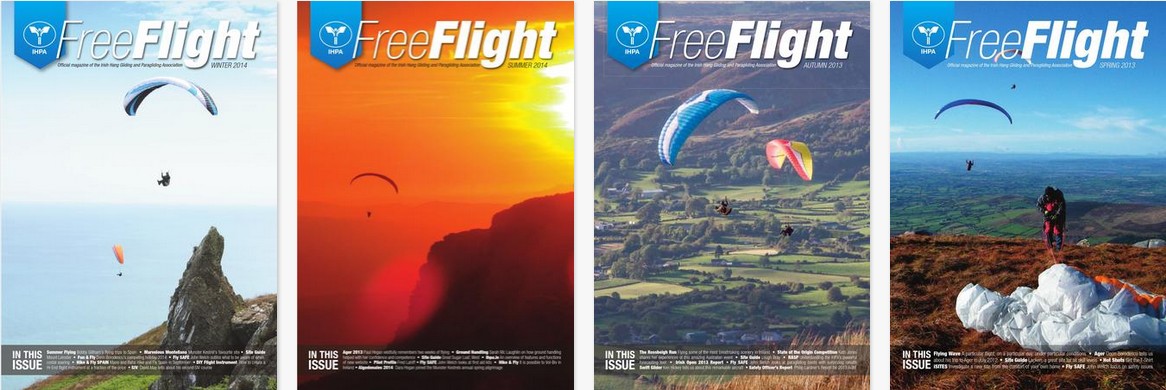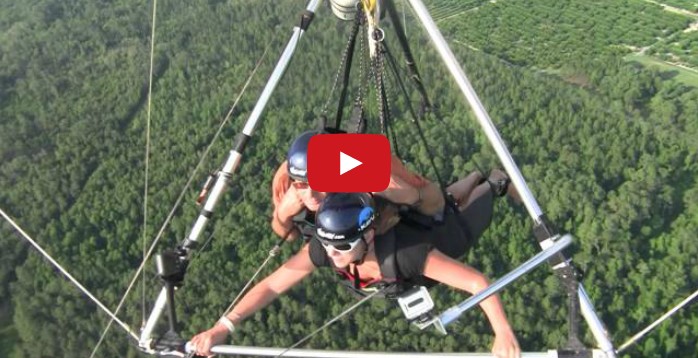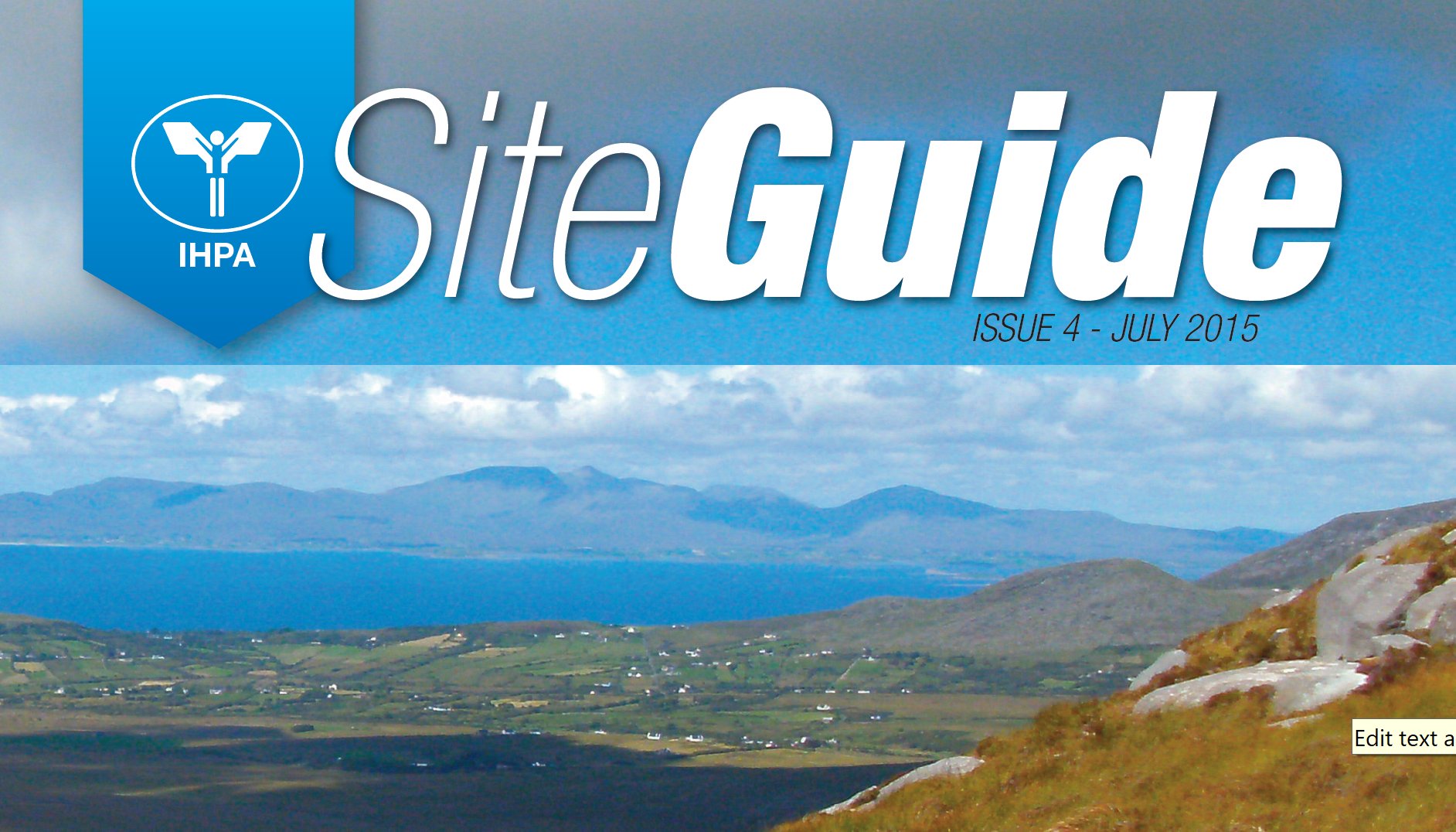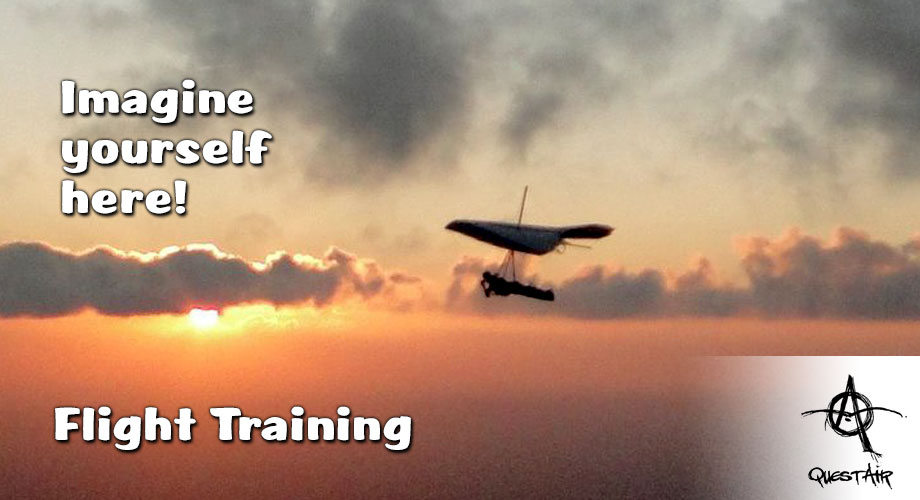The pilot rating scheme exists for two main reasons. Firstly it provides a structured learning programme based on progressive flying tasks and theoretical knowledge tests, and secondly they help to educate pilots to a standard where they are able to fly safely with other aviators without the need for direct supervision. The schools and instructors provide the first stage in the acquisition of airmanship, responsibility and basic flying skills. The second stage is a self learning process where the pilot builds on those basics from within the IHPA with the assistance of Coaches and other members. Evidence of a national pilot rating is often required if you wish to fly abroad while on holiday, enter competitions (national and international) and even to buy equipment from some manufacturers and suppliers.
The attitudes and, most improtantly, airmanship of present and future pilots rests largely in the hands of these training sources. The combination of instructing syllabuses linked to the Pilot Rating Scheme and subsequent coaching will help to instill in every pilot an awareness of safety and a sense of responsibility which will benefit the sport as a whole. The comparative freedom which our pilots enjoy in this country will continue only so long as they show a responsible and safe attitude towards other air users. Rating awards may be gained either through the defined scheme or, in certain cases (veteran pilots with many years experience but no rating) at the discretion of the Training & Flight Safety Officer, following an examination and the submission of a signed log book. Full details of the IHPA Syllabuses and Training Programmes are available in the IHPA Technical Manual which is to be found on the Flight Safety page of this website.
The IHPA Pilot Rating Scheme is based on the FAI/CIVL Safe Pro and Para Pro International Standards of Safety and Training. During the early pioneering days of the sport most countries developed their own unique training and rating systems, and it became difficult for pilots from one country wishing to fly in another to provide clear evidence of their level of experience. This remained a problem until FAI/CIVL developed their internationally agreed and recognised Pilot Rating Schemes for Hang Gliding (Safe Pro) and Paragliding (Para Pro.) Now when pilots wish to fly overseas they need only produce their national rating card and a valid IPPI card stating their international Safe Pro or Para Pro rating equivalence. In Ireland the IHPA elected to directly adopt the FAI/CIVL Safe Pro and Para Pro standards as the national pilot rating scheme.
The IHPA Pilot Rating Scheme consists of five grades which cover hang gliding and paragliding. Pilots may later apply for endorsements to their rating to reflect further training and skills such as Tow / Winch / Tandem / Power etc., details of which can be found below and in the IHPA Technical Manual.
Note: IHPA is the only body in Ireland that can issue internationally recognised pilot ratings as it is recognised by the NACI, and FAI/CIVL as the National Representative Body for the sport in this country. Students must apply to the IHPA for a Pilot Rating. Training Schools and Instructors cannot issue Pilot Ratings, as to do so would constitute a gross conflict of interest (just as a commercial driving school cannot issue driving licences.) Such invalid ratings are not recognised nationally or internationally, and deny the pilot the ability to apply for an IPPI card or an FAI/CIVL Sporting Licence. Pilots finding themselves in this situation should apply to the IHPA Training & Flight Safety Oficer to regularise their position and explain their circumstances. Such pilots will be required to provide evidence of their training and experience to date along with a log book and may be required to undergo a practical skills review and complete a written theory exam. Contact the IHPA Training & Flight Safety Officer if you are in any doubt of your circumstances.
Safe Pro & Para Pro 1-3 - Until a pilot has successfully completed their grade 3 rating they are considered to be Student Pilots and must conduct all their flying activities under direct supervision (grades 1 & 2) or indirect supervision (grade 3) of their instructor and must remain within the training school environment. Student pilots should apply to the IHPA Training & Flight Safety Officer for a new rating as soon as they have successfully completed each stage of their school training. Student pilots must always train and fly within the Operating Limitations for their rating.
Safe Pro & Para Pro 4-5 - Once a pilot has successfully completed grade 3 then they are no longer bound to remain within the school environment and are considered to be Novice Pilots, and are free to fly with other qualified pilots as long as they fly within the Operating Limitations of their pilot rating. Pilots who have achieved their grade 3 rating should, as a matter of course, continue to expand their knowledge and skills, and apply for a grade 4 Intermediate Pilot and grade 5 Advanced Pilot rating. The knowledge, skill and experience requirements for grades 4 and 5 are not especially onerous and should be achievable within a couple of years of leaving the school environment. Attaining grade 4 and 5 pilot ratings demonstrates a willing commitment to become a safe pilot who can be trusted by his fellow aviators. Conversely, failure to achieve, or even to work towards, a grade 4 or 5 rating demonstrates a willful disregard for the safety of other aviators. Such pilots should be treated with caution as they have only their own self interest at heart.







